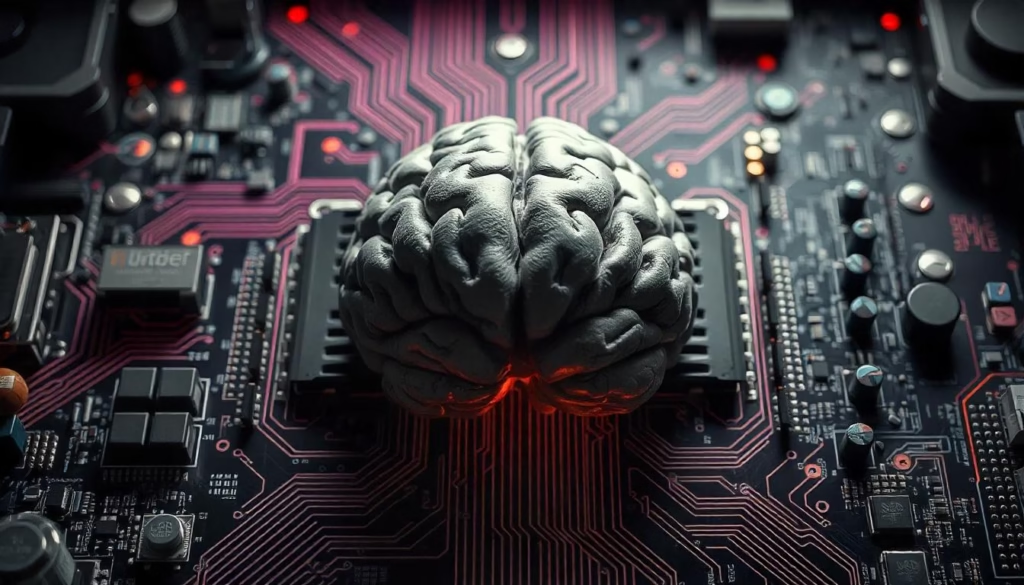Artificial intelligence (AI) is no longer a futuristic fantasy; it’s here, embedded in our phones, our cars, and even our healthcare systems. But as AI’s capabilities grow at an unprecedented pace, so too do the ethical dilemmas surrounding its development and deployment. From biased algorithms to job displacement and the potential for autonomous weapons, navigating this complex landscape requires careful consideration and proactive solutions.
Bias Baked In: The Problem of Algorithmic Discrimination
One of the most pressing concerns is the potential for AI systems to perpetuate and amplify existing societal biases. Trained on vast datasets often reflecting historical inequalities, algorithms can inherit and reinforce discriminatory patterns. This can lead to unfair outcomes in areas like loan applications, hiring processes, and even criminal justice.
Imagine a facial recognition system, trained predominantly on images of white faces, misidentifying people of color at a disproportionately higher rate. Or an AI-powered recruitment tool, trained on historical data, favoring male candidates over equally qualified females. These are not hypothetical scenarios; they are real-world examples highlighting the urgent need for fairness, accountability, and transparency in AI development.
The Job Market in Flux: Automation and the Future of Work
As AI-powered automation continues to advance, fears of widespread job displacement are becoming increasingly prevalent. While AI has the potential to create new jobs and boost productivity, it’s crucial to address the potential impact on workers in sectors most susceptible to automation.
Truck drivers, factory workers, and even customer service representatives are facing an uncertain future as AI systems become increasingly capable of performing their tasks. This necessitates proactive measures such as upskilling initiatives, social safety nets, and a focus on creating new job opportunities in sectors that require uniquely human skills like creativity, critical thinking, and emotional intelligence.
The Autonomous Arms Race: AI and the Future of Warfare
Perhaps the most chilling ethical concern surrounding AI is its potential application in autonomous weapons systems. Imagine machines capable of independently selecting and engaging targets, without human intervention. Such weapons raise profound moral and legal questions, with critics arguing they cross a fundamental ethical line.
The development of autonomous weapons raises concerns about accountability, the potential for unintended escalation, and the dehumanization of warfare. International efforts to regulate or ban such weapons are crucial to prevent an AI arms race and ensure human control remains at the heart of military decision-making.
Privacy in the Age of AI: Balancing Security and Civil Liberties
AI systems often rely on vast amounts of personal data to function effectively. This raises concerns about privacy and the potential for misuse of sensitive information. From facial recognition technology used for surveillance to AI-powered systems analyzing our online behavior, striking a balance between security and civil liberties is becoming increasingly challenging.
Ensuring transparency in data collection practices, providing individuals with control over their personal information, and implementing robust data protection regulations are essential steps in mitigating the risks to privacy posed by AI.
The Path Forward: Ethical Frameworks and Responsible Innovation
Addressing these ethical challenges requires a multi-faceted approach. Governments, researchers, and tech companies must work together to develop ethical frameworks and guidelines for AI development and deployment.
This includes promoting diversity and inclusion in the AI workforce to mitigate bias, investing in education and training to prepare for the changing job market, and engaging in international cooperation to regulate the use of AI in warfare.
Furthermore, fostering a culture of responsible innovation within the tech industry is crucial. This means prioritizing ethical considerations alongside technological advancements, ensuring transparency in AI systems, and actively engaging with the public to build trust and address concerns.
The Future is Now: Embracing AI’s Potential While Mitigating its Risks
AI has the potential to revolutionize our world in countless positive ways, from improving healthcare outcomes to addressing climate change and driving economic growth. However, realizing this potential requires a commitment to ethical development and deployment.
By proactively addressing the ethical challenges posed by AI, we can harness its power for good while mitigating its risks. The future of AI depends not just on technological advancements, but on our ability to guide its development in a way that benefits all of humanity.



